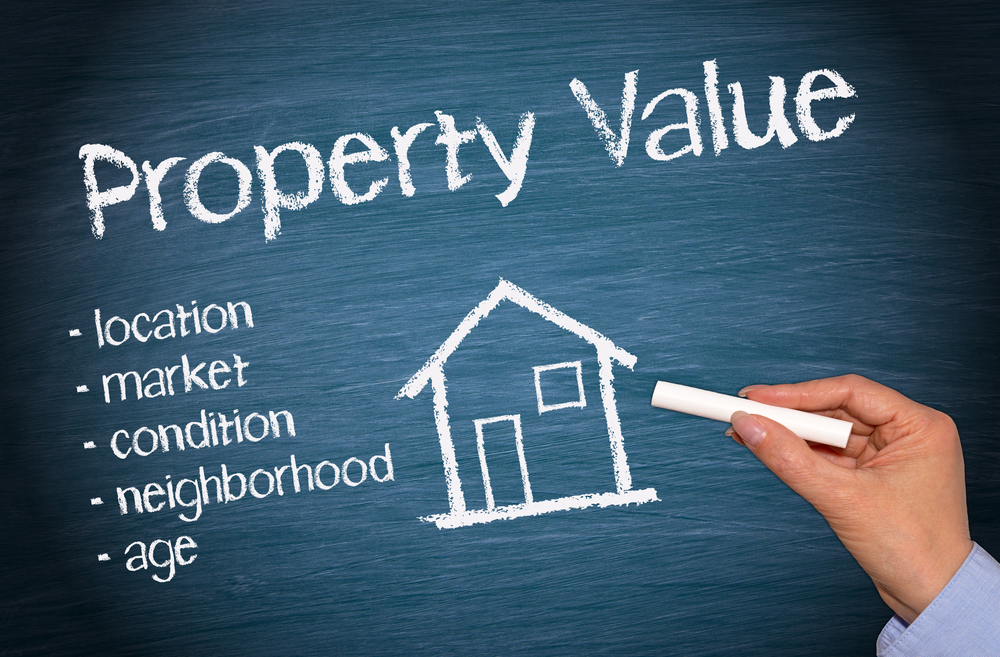When buying a home, most people expect their property to maintain (or hopefully grow) its value over time. Though that’s been the case in most places in recent decades, it’s not a guarantee. There are some factors you can control when it comes to your home’s value, but others can be more difficult to predict. If you’re searching for your next home or recently bought one, here are some factors that could impact your home’s value.
1. Location
Some housing markets are more desirable than others. Whether you buy a half acre of land or a condo in a city, the area you buy in plays a vital role in determining your home’s value. If you want to improve your home’s chances of maintaining its value, opting for a property in an area that’s attractive to many buyers could enhance your chances of keeping your home’s value up.
Of course, popular areas to live in can change over time, making it difficult to predict what your area will look like to potential buyers decades in the future. But choosing a home near a good school district, one that’s highly walkable, or one near popular restaurants and shops is usually a good bet.
2. Comparable homes in your area
It’s a good idea to check out the local market before you buy to help you decide if you’re overpaying for a property. Before spending money on a down payment and realtor fees, examine the local real estate market to get a feel for prices on your block and surrounding areas.
If your home is the most expensive two-bedroom, two-bathroom home on the block, it might be harder to sell if you decide to move in the future for a higher price than other similar homes. However, if your home is on par with others, or even a little less, it could be easier to maintain your home’s value.
3. Your home’s age and condition
Another factor to consider before buying your home is the age of the house and the shape it’s in. While older homes may have attractive features that add character, they can also come with a lot of problems, like lead paint, a crumbling foundation, or an older roof.
In some cases, you may be able to make upgrades to improve outdated or deteriorating parts of your home — replacing the roof, updating the foundation, or swapping out materials. But it can get expensive and may require investing more in home renovations than you’ll get back if you sell it. Be sure to consider whether a home might be too old or in too poor of a condition to attract future buyers if you’re worried about your resale value declining.
4. The buying market
Your home’s value will also be determined by the buying conditions in the current real estate market, at least in the short term. If it’s a buyer’s market where there are more houses than there are buyers, for example, you might get less for your home than its actual value in order to sell it.
This factor may not directly impact your home’s value. A $400,000 home may still be worth $400,000 in a buyer’s market, but you might have to make non-financial concessions in order to sell it. It’s difficult to time when you should sell your home, but if you are able to be flexible, talk to a real estate agent to figure out the best time to put your home on the market.
5. Buyer preferences
If you’re hoping to resell a property one day and want to earn enough to recoup realtor fees and make a profit, it’s essential to understand that buyer preferences can impact how much your home sells for. You might like a more eccentric or quirky home with character, but if these traits make your home stick out, it could be less appealing to other buyers.
Consider future buyers when purchasing your home so you don’t have to worry about lowering the price tag to account for features most buyers aren’t interested in. For example, you might love the shag carpet in your bathroom, but it could hurt your home’s resale value and turn off other buyers. Talk to your real estate agent to identify a home that many types of buyers are interested in so you won’t have to worry about this factor down the road.
Smart Strategies for Buying a Home: 5 Tips for First-Time Buyers
10 Negotiation Tips for Getting the Best Deal When Buying a Home


